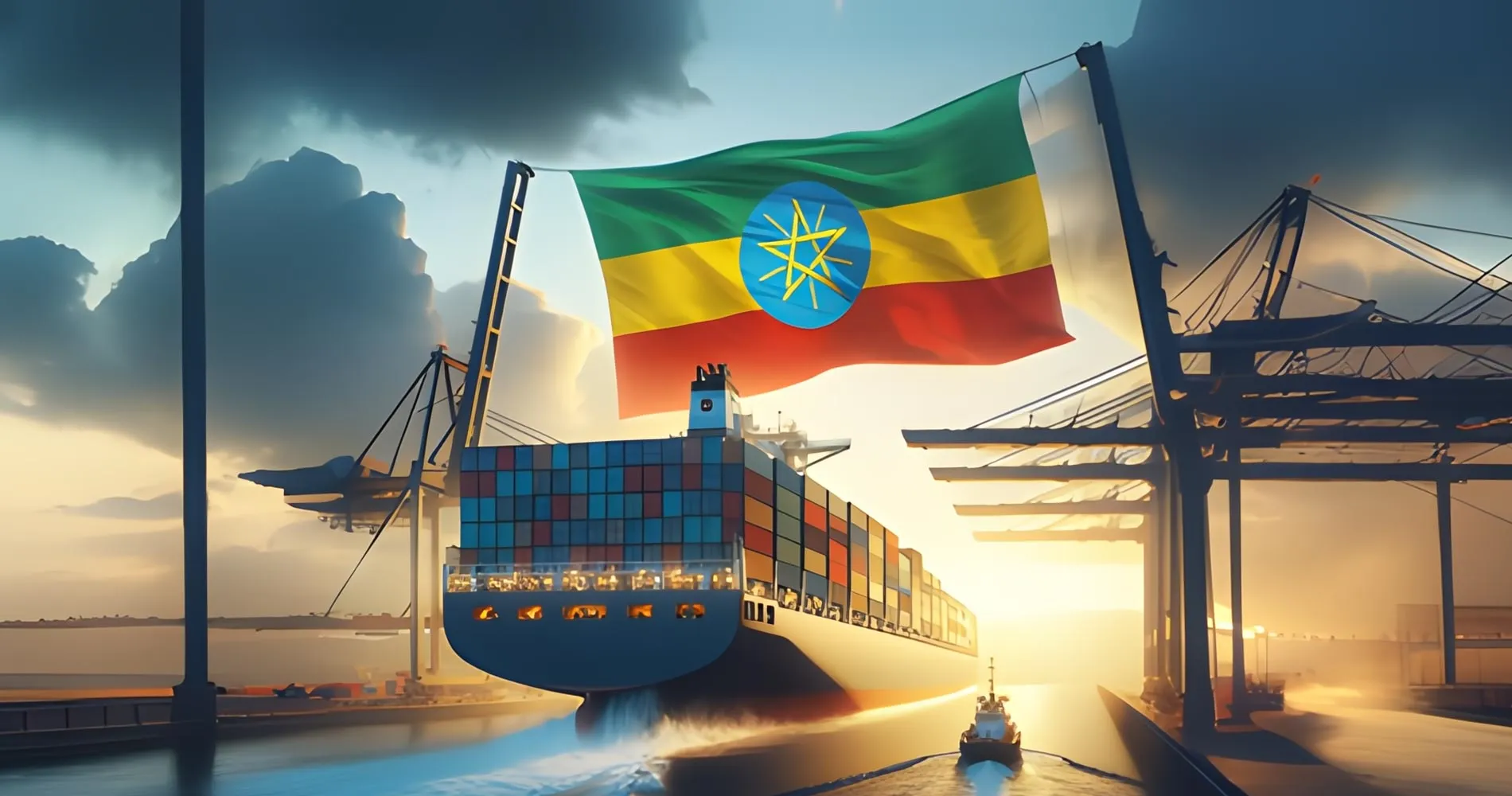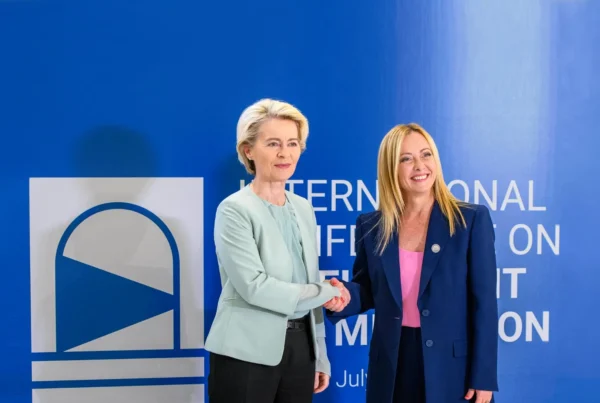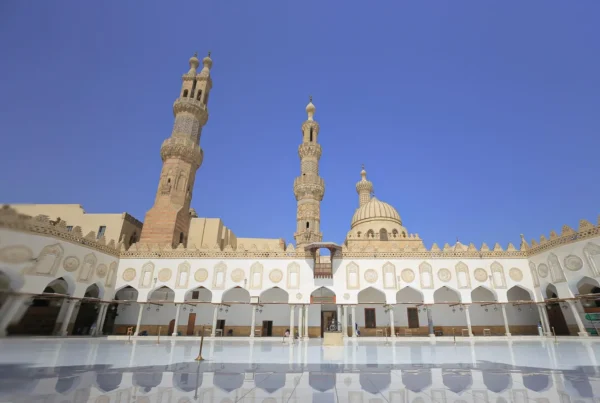Ethiopia’s new year seaport deal with Somaliland has generated tension and sparked concerns among neighbors in an already volatile Horn.
Michael Asiedu, 22 February 2024
German version
In a meeting with investors and businessmen in July 2023, Ethiopian Prime Minister Abiy Ahmed indicated that his country needed access to its own port to curtail reliance on neighboring country ports. A landlocked country, Ethiopia currently relies on the seaports of Djibouti and Somaliland for import and export of goods with the former handling more than 95 percent of inbound and outbound Ethiopian cargo. These ports, however, come with unsustainable port fees and are usually bedeviled with congestion issues which raises concerns for Ethiopia’s economic development efficiency.
In fact, according to the Ethiopian Minister of Finance and Economic Development, Ahmed Shide, 16 percent of Ethiopia’s foreign trade (equivalent to about USD2 million) is consumed by transit costs per day, an exorbitant figure for East Africa’s largest economy which has an annual output of about USD127 billion. No wonder it yearns for a lasting solution of a sustainable seaport access.
Prof. Ken Opalo, a Political Scientist at Georgetown University opines that Ethiopia’s stance on a dependable and cost-effective seaport access is valid. A reduction in costs associated with being landlocked would support its economic future. Landlocked countries tend to be 20 percent less developed in comparison to those which have access to the sea. An effect which is, in part, caused by the costs of trade transportation being normally between 50 and 262 percent higher for landlocked countries.
In indicating Ethiopia’s strategic ambition for a port, Prime Minister Ahmed pointed out that options on the table included negotiation and even the “use of force” as a last resort. According to the Horn Observer, a regional newspaper, the Ethiopian government in 2023 initiated negotiations with key regional players such as Eritrea, Djibouti and Somaliland in pursuant of this vision. It reported that Ethiopia had made Eritrea a significant offer, namely a 30 percent stake in Ethiopian Airlines, as part of the bargain to secure port access via Eritrea.
On 1 January 2024 Ethiopia announced it had struck an “historic” agreement to use the main Berbera Port of Somaliland, Somalia’s breakaway region. Prime Minister Ahmed and Somaliland President Muse Bihi Abdi signed the Memorandum of Understanding (MOU) in Addis Abeba. Announcing on his X account (formerly Twitter) Prime Minster Ahmed revealed the agreement, among other things “paves the way to realize Ethiopia’s aspiration to secure access to the sea and also strengthens Ethiopia’s security, economic and political partnership”. His national security adviser Redwan Hussein added Ethiopia would have access to a leased military base on the Red Sea as part of the pact.
Somaliland has been on a quest to be recognized as independent since its self-declaration in 1991. President Abdi stated that as part of the deal, Ethiopia would be the first country to recognize Somaliland as an independent country in a not-too-distant future, although Ethiopia remains coy on a definitive stance.
This seaport deal between Ethiopia and Somaliland has generated tension and sparked concerns among neighbors in an already volatile Horn. No country has recognized the statehood of Somaliland since its breakaway in 1991 which means any agreement between Ethiopia and the government of Somaliland is contentious from the onset. Somalia views Somaliland as part of its territory, within the borders drawn up in 1960 by colonial powers and accepted during the unification of the two countries during the former’s independence. The United States and European Union have echoed thoughts that respect the Federal Republic of Somalia’s 1960 borders.
In notable reactions to the deal the government of Somalia, following a cabinet meeting on 2 January 2024, moved quickly to declare the port agreement “null and void” and “unacceptable”. A statement issued by the Somali government declared “Ethiopia’s actions violate the sovereignty and territorial integrity of the Federal Republic of Somalia”. The President of Somalia, Mr. Hassan Sheikh Mohamud declared that, with the backing of its people, the country was ready to “defend, protect and preserve the sovereignty, dignity, territorial integrity and social unity”. “Somalia belongs to Somali”. Somalia has recalled its Ambassador from the Ethiopian capital of Addis Abeba, a move which could sow seeds of a long-running diplomatic dispute.
For Ethiopia, this deal marks a second attempt to diversify its seaport access. In 2017 it obtained shares in Somaliland’s Berbera port as part of a pact to enlarge the port and make it a profitable venture. This deal involved DP World, an Emirati logistics management firm. Somalia’s stance then was the same as now, it viewed the deal as illegal. Ethiopia failed to honor commitments of that deal and subsequently lost its stake in 2022.
While the deal is viewed as a triumph in Ethiopia, in Hargeisa, and Mogadishu, the respective capitals of Somaliland and Somalia, it has led to protests and counter protests. Somaliland asserts its actions are appropriate.
Full details of the deal are yet to be made public, but it would nullify a 2018 tripartite treaty deepening ties between Ethiopia, Somalia and Eritrea. Interestingly, details of that treaty were never made public either.
The initial responses from the three parties directly involved, Ethiopia, Somaliland and Somalia, have led to the Executive Secretary of the East African Inter-Governmental Authority on Development (IGAD), Workneh Gebeyehu (former Minister of Foreign Affairs of Ethiopia) to express deep concern, calling for both parties “to collaborate towards peaceful and amicable resolution of the situation and uphold shared values that unite the IGAD family”. This statement has however not been well received by Somalia which urged IGAD to apologize and retract its statement.
The Horn of Africa already has a myriad of issues confronting it according to Somalia President Mohamud, from impact of climate change, terrorism, to renewed tensions in the Red Sea shipping route. Actions that have potential to create new tensions and conflicts should therefore be avoided, he added. The African Union and IGAD could play a role in a peaceful resolution to this issue, which should involve the parties as well as neighboring countries concerned, Djibouti, Eritrea and Kenya.







